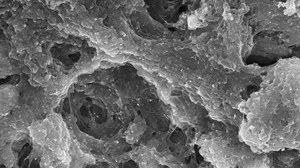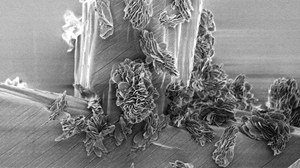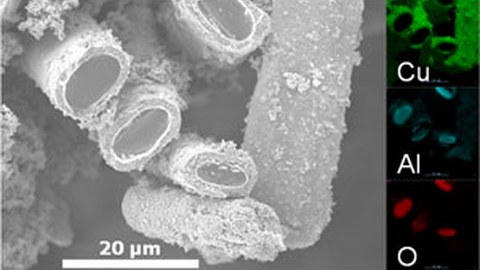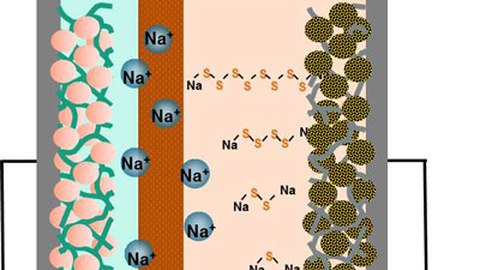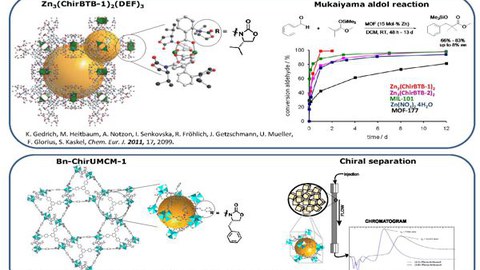Research on the pulse
The chair of Inorganic Chemistry I explores under the direction of Prof. Dr. Stefan Kaskel modern inorganic materials from synthesis to characterization and application. Research fields are Energy Materials, Environmental Materials, Light and Surfaces as well as Industrial Inorganic Chemistry.
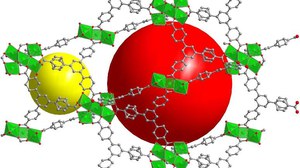 © TUD/Ak Kaskel
© TUD/Ak Kaskel
Modern Inorganic Materials
- Energy Materials
Sustainable energy supply and storage is the most important challenge of the 21th century. Functional porous and nanostructured materials play a key role for stationary and mobile storage of chemical and electrical energy. The increasing proportion of renewable and fluctuating energy supply requires the development of novel technologies. - Environmental Materials
Clean air and water, especially in Megacities, require novel materials for environmental catalysis, water treatment and protective filter systems from toxic industrial chemicals. World-wide increasing air pollution, greenhouse gas emissions, and the tightening of water resources require the development of innovative technologies and materials. - Light and Surfaces
The design and coating of nanostructured surfaces is crucial for light management in efficient modern lighting applications and energy harvesting (solar cells) but also for sensing and smart surfaces.
Nanoparticle coatings and surface functionalization enable composite coatings and polymer integration of inorganic nanomaterials. Light management and responsivity by functional surfaces is an enabling technology in various application fields. - Industrial Inorganic Chemistry
The production of inorganic raw materials and intermediates is an important industry sector. More than 80 % of large scale chemicals are produced via catalytic processes. Improving catalyst performance or reducing deactivation can lead to significant cost benefits for producers. Consumer products and fine chemical companies profit from new formulations, improved production processes, improved quality of their products, or novel performances. - Porous materials developed at the Dresden University of Technology
An overview of the porous materials developed hy the Kaskel group at the Dresden University of Technology as DUT-n (DUT = Dresden University of Technology).

